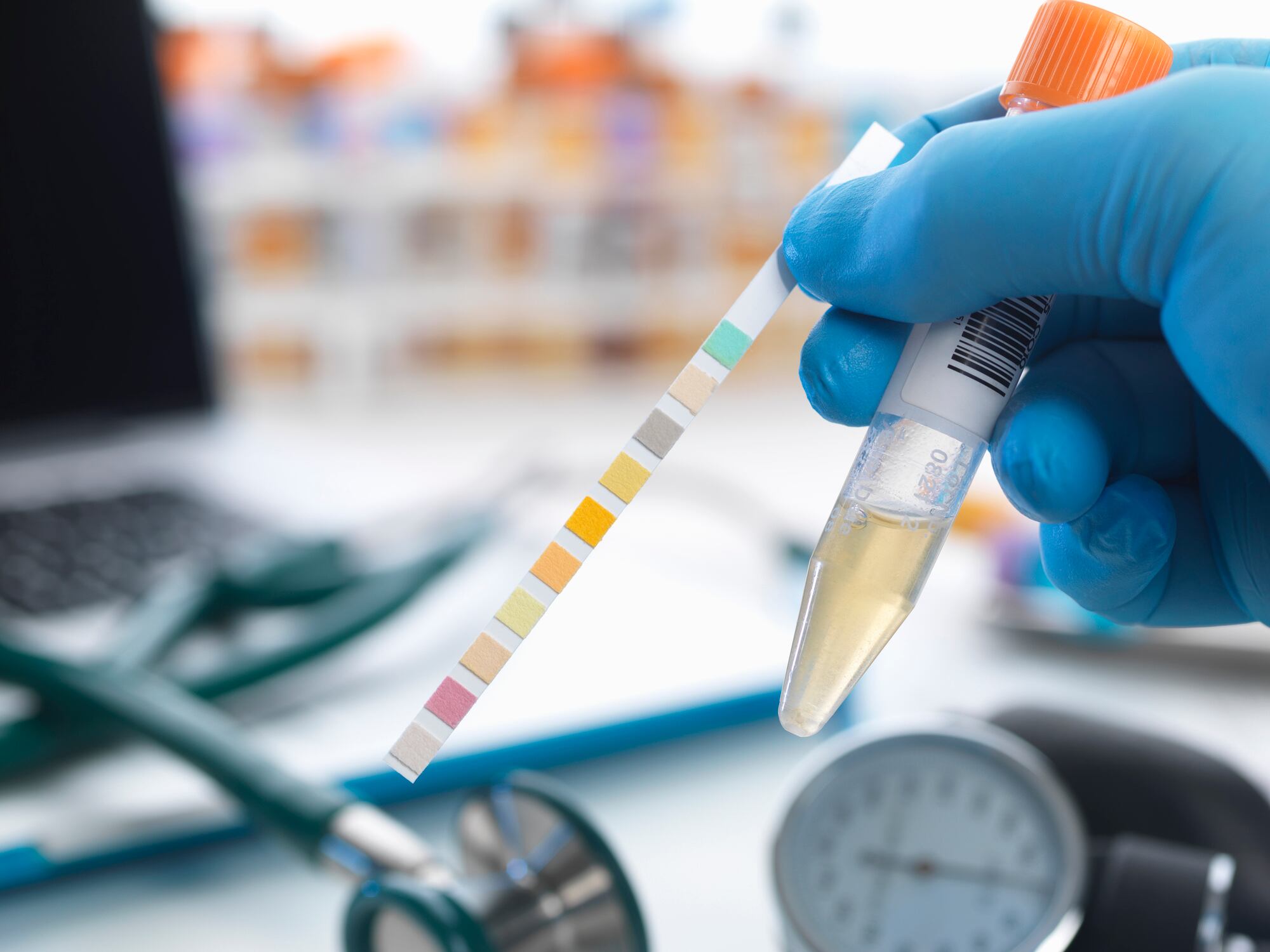Science
Kirin Develops Non-Invasive Urine Test to Measure Immune Status

Kirin, a prominent Japanese health and nutrition company, has revealed promising research that could transform the way immune system activity is measured. The study indicates the potential for a non-invasive method to assess plasmacytoid dendritic cell (pDC) activity using urine tests, moving away from traditional blood sampling methods that are often costly and time-consuming.
The research, involving 223 Japanese participants aged between 51 and 55 years, identified significant correlations between urinary proteins and pDC activity. Notably, individuals exhibiting high pDC activity had markedly elevated levels of immune-related proteins, especially immunoglobulin A (IgA). IgA, a critical antibody found in blood and mucous membranes, plays a key role in defending the body against viruses and bacteria.
Through comprehensive blood tests, researchers determined the pDC activity levels of the participants. They then analyzed over 7,000 urinary proteins from samples collected from 40 individuals, categorized by above and below median pDC activity. The study found that differences in protein levels were evident, with high pDC activity linked to significantly higher IgA levels compared to those with lower pDC activity.
“The findings of this study suggest the potential for developing a non-invasive method to evaluate immune activity via pDC activity,” said a representative from Kirin. “We will conduct further investigations to develop a simple service for visualizing immune status.”
The research findings were presented at the 21st Annual Meeting of the Japanese Association for Food Immunology (JAFI), which took place from October 2 to 3. This event highlighted advancements in the understanding of food immunology and its implications for public health.
Understanding pDC Activity and Immune Health
Plasmacytoid dendritic cells are often referred to as the “commanders” of the immune system because they activate key immune cells, including natural killer cells, T cells, and B cells. Kirin’s ongoing research aims to identify factors that influence pDC activity and their implications for overall health. One recent finding links lower pDC activity to frailty in elderly individuals. In a prior interview, Kirin noted that frail elderly participants exhibited a decreased percentage of pDCs capable of producing interferon-alpha (IFN-α), a protein essential for regulating immune responses to viral infections.
In light of these discoveries, Kirin has developed a range of health supplements, functional foods, and beverages containing LC-plasma, a postbiotic derived from the Lactococcus lactis strain. This ingredient is designed to support the immune system by stimulating pDC activity. Notably, in 2020, LC-plasma became the first functional food ingredient recognized by Japan’s Consumer Affairs Agency for its immune health claims.
Kirin’s advancements in understanding pDC activity have attracted interest from other companies in Japan, including Morinaga Milk. The company has reported that lactoferrin supplementation may also help support the immune system by maintaining pDC activity.
The implications of Kirin’s research extend beyond product development; they may pave the way for more accessible and effective evaluations of immune health, enabling individuals to monitor their immune status without invasive procedures. As this research progresses, the potential for non-invasive testing could significantly enhance personal health management and public health initiatives.
-

 Health3 months ago
Health3 months agoNeurologist Warns Excessive Use of Supplements Can Harm Brain
-

 Health3 months ago
Health3 months agoFiona Phillips’ Husband Shares Heartfelt Update on Her Alzheimer’s Journey
-

 Science1 month ago
Science1 month agoBrian Cox Addresses Claims of Alien Probe in 3I/ATLAS Discovery
-

 Science1 month ago
Science1 month agoNASA Investigates Unusual Comet 3I/ATLAS; New Findings Emerge
-

 Science4 weeks ago
Science4 weeks agoScientists Examine 3I/ATLAS: Alien Artifact or Cosmic Oddity?
-

 Entertainment4 months ago
Entertainment4 months agoKerry Katona Discusses Future Baby Plans and Brian McFadden’s Wedding
-

 Science4 weeks ago
Science4 weeks agoNASA Investigates Speedy Object 3I/ATLAS, Sparking Speculation
-

 Entertainment4 months ago
Entertainment4 months agoEmmerdale Faces Tension as Dylan and April’s Lives Hang in the Balance
-

 World3 months ago
World3 months agoCole Palmer’s Cryptic Message to Kobbie Mainoo Following Loan Talks
-

 Science4 weeks ago
Science4 weeks agoNASA Scientists Explore Origins of 3I/ATLAS, a Fast-Moving Visitor
-

 Entertainment4 months ago
Entertainment4 months agoLove Island Star Toni Laite’s Mother Expresses Disappointment Over Coupling Decision
-

 Entertainment3 months ago
Entertainment3 months agoMajor Cast Changes at Coronation Street: Exits and Returns in 2025









